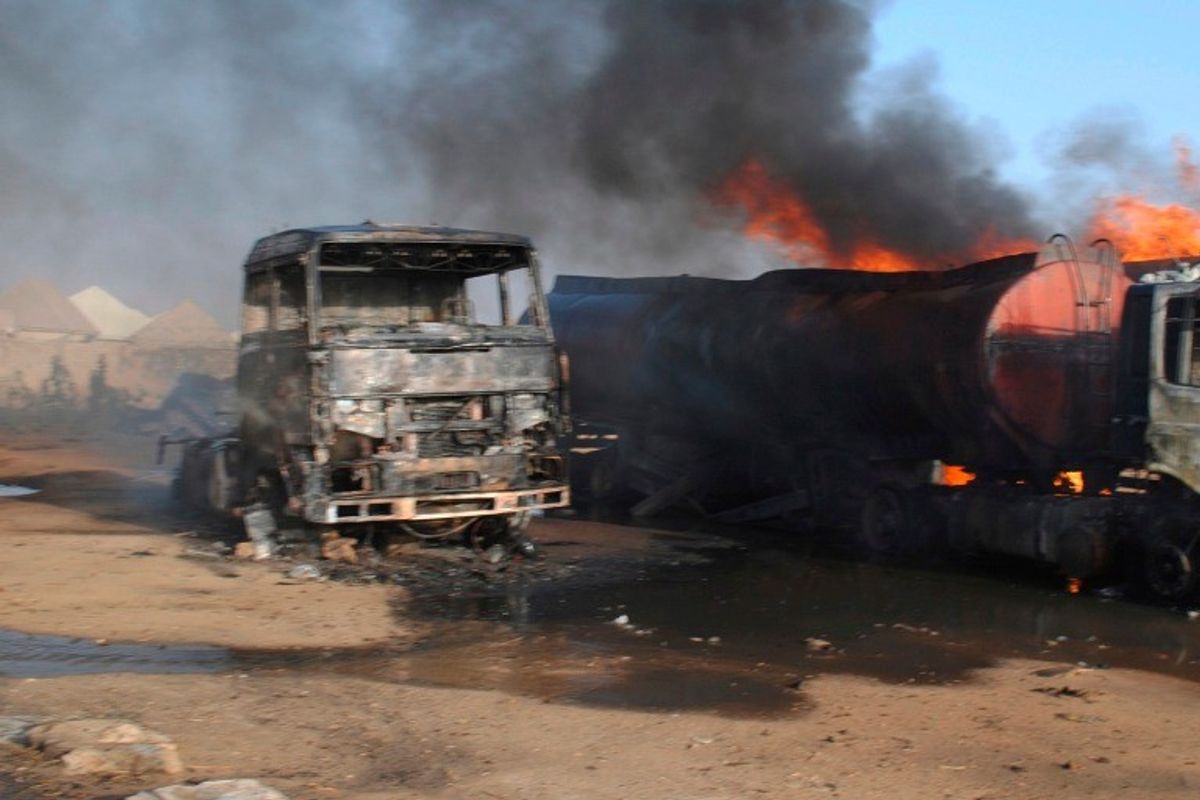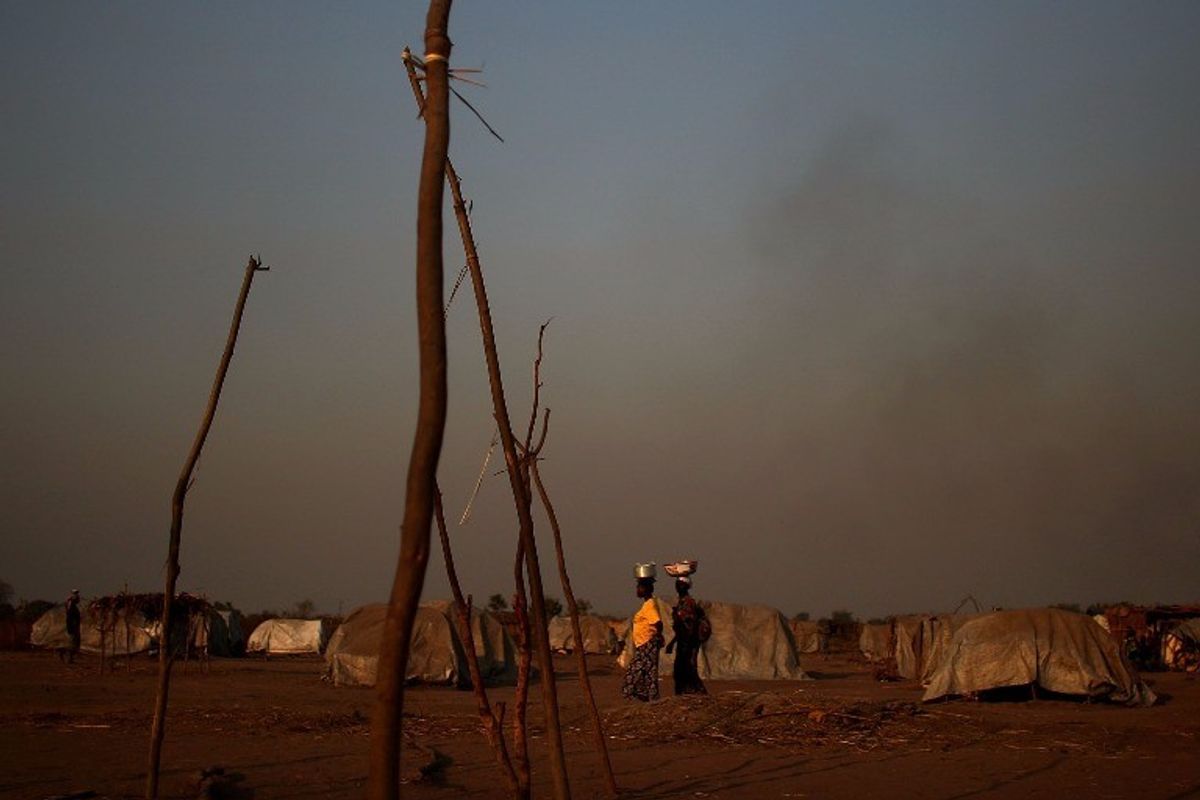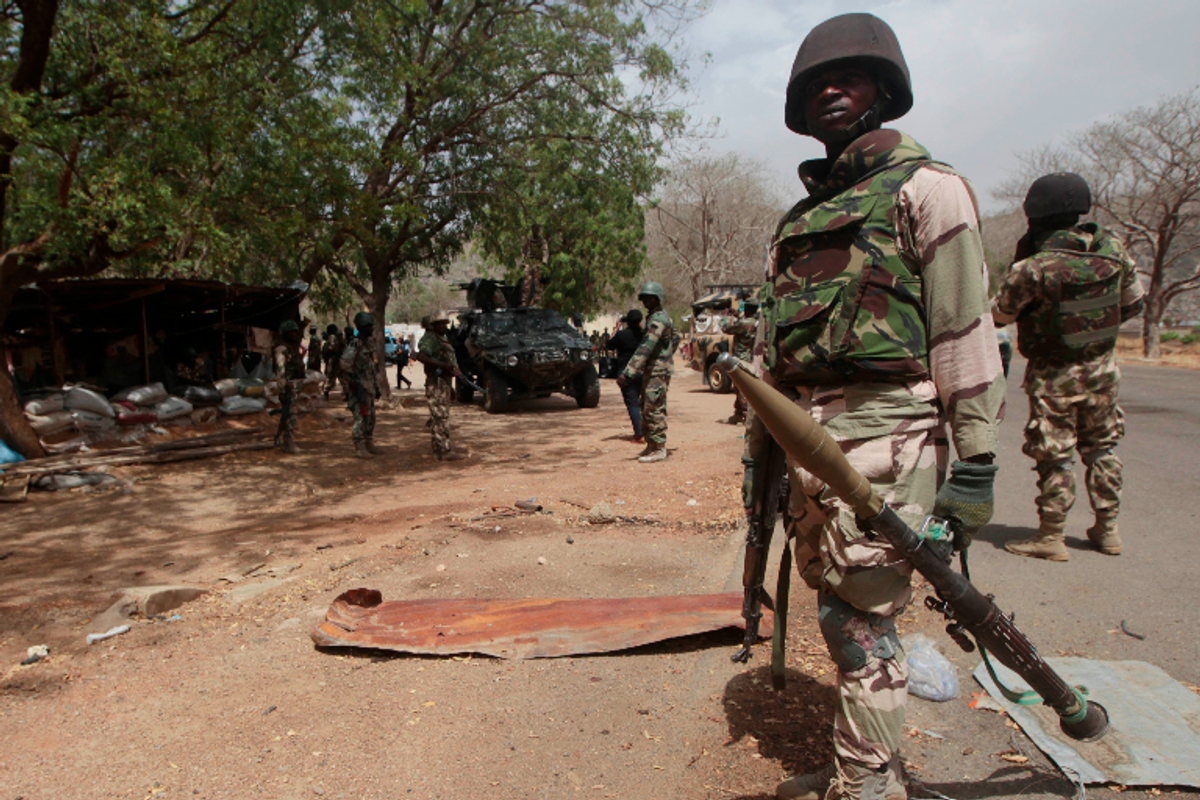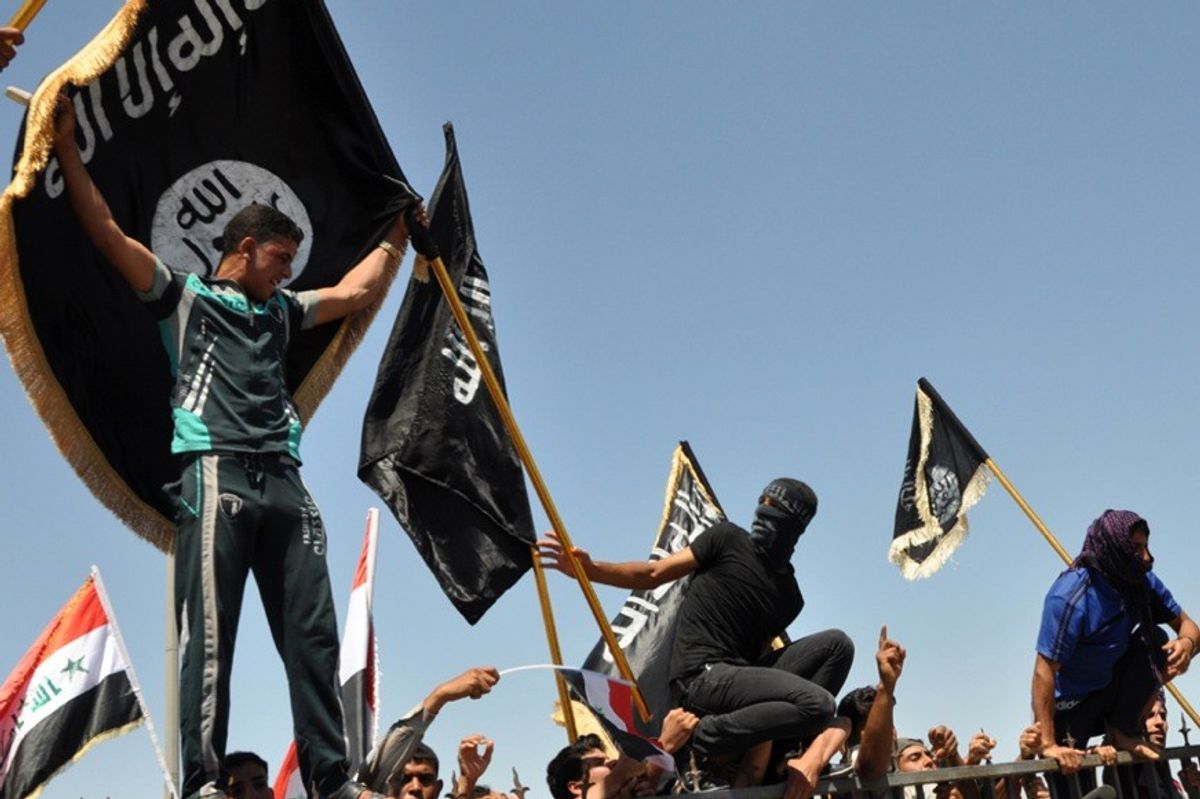Nigerians were ready for change when they elected former military dictator Muhammadu Buhari as president, the first candidate to defeat an incumbent at the polls. Having recently reached the “100 days in office” mark, Buhari is now being criticized for not accomplishing his campaign promises fast enough.
Buhari set some lofty goals, with eradicating corruption in public institutions and defeating the Islamic extremist group Boko Haram at the forefront. There is certainly room for criticism — Buhari has yet to appoint a cabinet and the economy remains in limbo. The critics, however, may be casting their judgments too quickly, as Buhari’s initial policies are laying the groundwork for massive improvements in security and corruption.
Cracking Down on Corruption
While in office, Buhari’s predecessor, Goodluck Jonathan, downplayed corruption in Nigeria, exclaiming that over 70 percent of corruption accusations are politically motivated and no more than common stealing. It is not surprising, then, that Nigeria’s Corruption Perception Index worsened under his presidency. Buhari, conversely, has made anti-corruption the cornerstone of his agenda, promising that no corrupt Nigerian will be spared. Buhari has established an anti-corruption advisory committee, increased transparency measures, and replaced senior public officials.
Stopping oil theft is a large part of Buhari’s anti-corruption campaign. The Nigerian government estimates that oil theft causes up to $35 million in losses per day, or about one quarter of GDP. After identifying state-run Nigerian National Petroleum Corporation (NNPC) as a key culprit, Buhari sacked the entire board and ordered an investigation into its finances. Not all of Buhari’s oil theft policies, however, have been well received. In July, Buhari banned 113 crude oil vessels from doing business in Nigerian territorial waters because of discrepancies between the volumes of crude oil that left ports and the amount delivered to buyers. Industry officials complained that they were not consulted before these unexpected measures were taken.
Assessment: Buhari is taking the right steps to enhance anti-corruption efforts, but his policies would benefit from greater transparency and cooperation with industry. Also to be determined is if the corrupt officials will be prosecuted for their crimes.
Defeating Boko Haram
Equally high on Buhari’s priority list is to defeat Boko Haram, and as a retired Army major general from northern Nigeria, Nigerians expect him to do as promised. Buhari moved military headquarters from the capitol city of Abuja to Maiduguri, the center of Boko Haram’s insurgency, and increased counterinsurgency efforts. Through Buhari’s reforms, the Nigerian military claims to have destroyed all known Boko Haram terrorists’ camps and cells in the northeast, enabling many of the 2.1 million Nigerians displaced by six years of Boko Haram violence to return home.
Despite this evidence of success, the number of people who have died in Boko Haram attacks has dramatically risen since Buhari took office. The Council on Foreign Relations reported that Boko Haram has killed over 1,000 Nigerians since the beginning of June.
Assessment: Buhari appears to be making a significant dent in Boko Haram’s insurgency, but he still has a long way to go before eliminating the group.
Easing the Economic Downturn
Oil and gas exports account for approximately 90 percent of Nigeria’s foreign exchange earnings and 70 percent of government revenues. As a result, low global oil prices, the anticipated reentry of Iranian oil into the market, and the turbulent Chinese economy are threatening the stability of Nigeria’s economy after a decade of sustained growth and the already devalued naira.
In July, Buhari approved a bailout package of over $2 billion to provide back pay for hundreds of thousands of unpaid government workers. Buhari, however, is largely focusing on how to save the oil industry and is ignoring the growing agriculture, information and communications technology, and services sectors, as well as budding entrepreneurial activities.
Assessment: One bailout package is not enough to stimulate Nigeria’s economy. Nigeria needs fiscal and monetary policies that will allow the economy to maneuver through the impending downturn. Buhari should also focus more on stimulating the non-oil sector, which contributes about 90 percent to GDP.
Improving U.S.-Nigerian Relations
Improvements in governance, security, and the economy will lead to better U.S.-Nigerian relations, which weakened under Jonathan’s presidency. In December, Jonathan halted the U.S Army training of Nigerian soldiers, resulting in Nigeria’s loss of a key partner against Boko Haram. Additionally, the Jonathan Administration’s refusal to tackle corruption and crime forced the U.S. military to discontinue other forms of assistance in accordance with U.S. law.
Buhari’s first official visit was to the U.S., indicating the weight he places on improving U.S.-Nigerian relations. Buhari looks to the U.S. as a future partner in enhancing counterterrorism efforts against Boko Haram, driving electrification, and improving public health. If Buhari carries through with his reforms, U.S. officials will be better able to respond to Nigeria’s calls for help.
Assessment: Both sides of the partnership agree that relations are improving and that we may see a change in U.S. policy toward Nigeria soon.
Alana Garellek is an analyst with The Cipher Brief.











